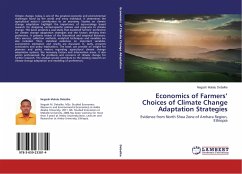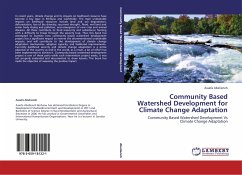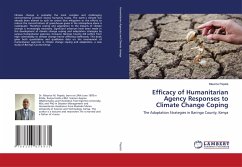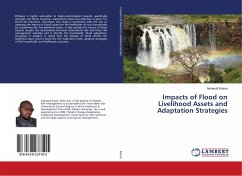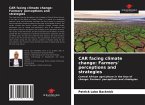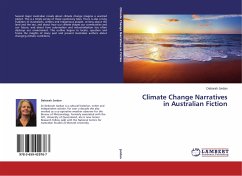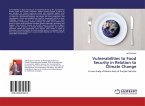Climate change, today, is one of the greatest economic and environmental challenges faced by the world and every individual. It determines the agricultural sector's contribution to an economy. Studies on climate change adaptation highlight the importance of agro-ecology based research for designing context-specific policies and programs to climate change. This book presents a case-study that examined farmers' preference for climate change adaptation strategies and the factors deriving their preference. It presents review of the theoretical and empirical literature. Data sources, collection methods, analytical techniques and variables are also included. Then, statistical evidences on important variables, econometric estimation and results are discussed. It, lastly, presents conclusions and policy implications. The book can provide an insight for planners and policy makers regarding agricultural climate change adaptation options, the necessary factors and intervention areas. It also points professionals the problems and concerns of climate change for further research. The analysis would contribute to the existing research on climate change adaptation and modeling of preferences.

